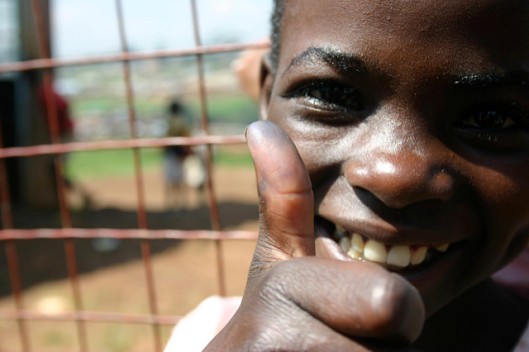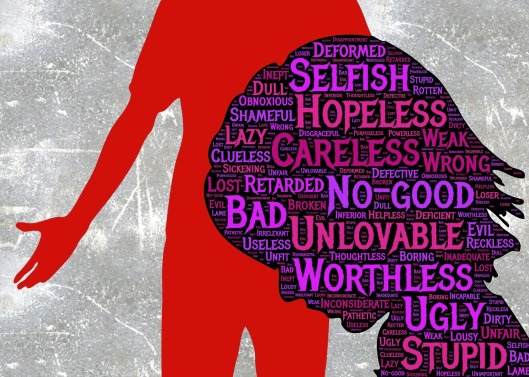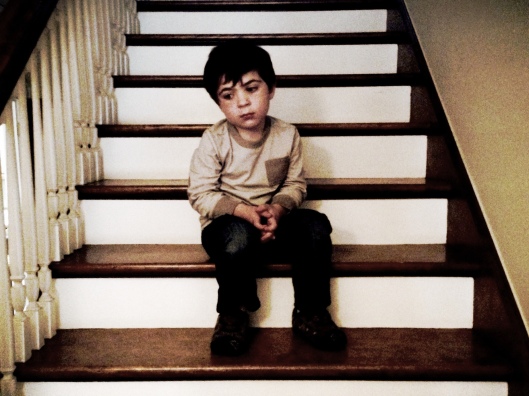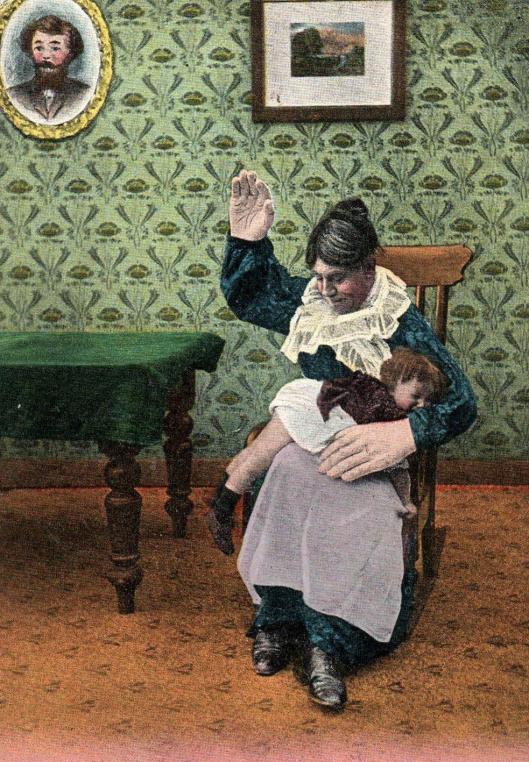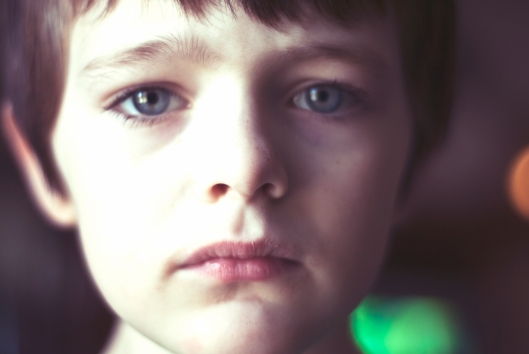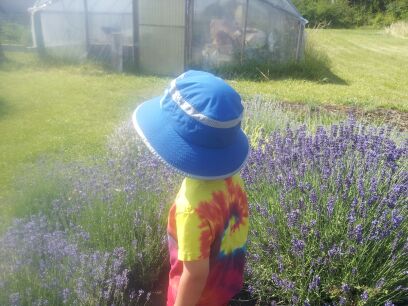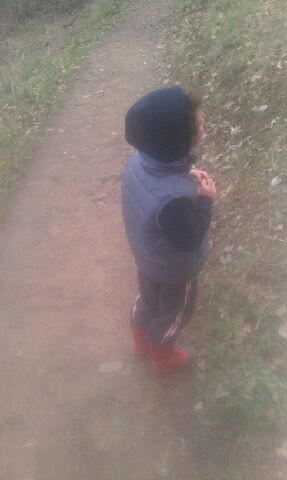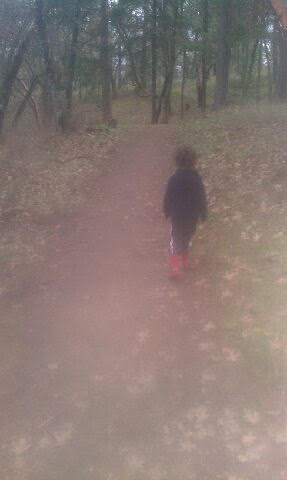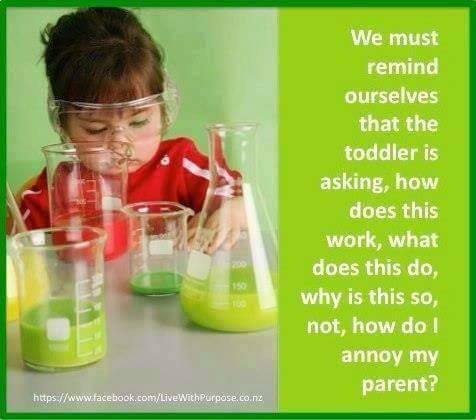Parenting styles tend to change with the times. While corporal punishment was a standard practice 50 years ago, there’s evidence to show that spanking is on the decline. Sadly, while it’s no longer the prevailing strategy for discipline, corporal punishment is not as rare as one would hope. One poll suggests that as many as 65% of women and 76% of men still feel that a child benefits from an occasional spanking.
Why do some parents still advocate spanking? The motives vary but are equally misguided. While many parents fervently believe in corporal punishment, sometimes spanking is just the last resort for a parent at his wit’s end. I’ve spoken to many mothers who apologetically admit to spanking a young child for impulsively running toward a busy street or reaching for a hot stove. The logic seems to be that if they react forcefully, it will leave a lasting impression on a child.
Other parents feel that spanking teaches a child to respect her elders and behave. In an article for CNN, author Ruben Navarrette states, “Fear is essential to respect. Children won’t do what we tell them to do, unless — at some level — they fear the consequences that will come from not doing it.” This statement is fundamentally flawed. We use fear when we aren’t able to command respect, and we aren’t able to command respect when we fail to show it.
I’ve yet to stumble upon a compelling reason to spank, but there are plenty of reasons to refrain:
1. Spanking Hinders Brain Development
One study suggests that spanking a child twice a month at the age of three may decrease a child’s gray matter in the brain. Gray matter functions to assist us in processing emotions, controlling impulses, and making decisions. When parents spank a small child for acting impulsively, they are actually making matters worse. As Sarah Kovac explains in an article for CNN, “The sad irony is that the more you physically punish your kids for their lack of self-control, the less they have.”
2. Spanking Is Correlated With Increased Aggression
Given the insight about spanking and the brain, it’s not surprising that spanking is also correlated with higher levels of aggression. One study reports, “Spanking consistently predicted increases in children’s aggression over time, regardless of how aggressive children were when the spanking occurred.” Violence begets violence. When a parent responds to a child with physical force rather than empathy, a child will quickly learn to react to conflict and upsetting emotions in a similar fashion.
3. Spanking Erodes Trust and Hinders Connection
When our children make mistakes, they should feel safe coming to us for support and guidance. If we instead teach them to fear violent punishment, our kids will learn not to trust us to help them. If we set this precedent when our children are little, we won’t be the people our teenagers reach out to when they need our guidance and wisdom the most.
4. Spanking Doesn’t Work
The data couldn’t be clearer, “More spanking is associated with less long-term compliance.” As Elizabeth Gershoff, a professor at the University of Texas and corporal punishment researcher states, “There’s no study that I’ve ever done that’s found a positive consequence of spanking…Most of us will stop what we’re doing if somebody hits us, but that doesn’t mean we’ve learned why somebody hit us, or what we should be doing instead, which is the real motive behind discipline.”
We must see spanking as the shortcut it’s intended to be. Making the effort to listen to and empathize with a child is time consuming and involves a certain amount of emotional intelligence. Spanking is swift, easy, and requires nothing of a parent other than a willingness to strike a child. Empathizing and collaborating with our children is an investment. The more we do it, the easier it gets and the more we reap the benefits. The more children feel connected to us, the more motivated they are to comply. Furthermore, the more we coach them through difficult emotions and disruptive behaviors, the more they acquire the skills and confidence to choose safe, pro-social behaviors on their own. On the other hand, spanking leads to the need for more spanking, setting parents up for a power struggle. As Molly S. Castelleo states in an article for Psychology Today, “Corporal punishment undermines compassion for others, for oneself, and limits the mutual capacity for gaining insight.”
If we take the time to empathically view spanking from the perspective of the child, we see just how nonsensical it is. Astrid Lindgren, author of Pippi Longstocking eloquently explains this point:
“When I was about 20 years old, I met an old pastor’s wife who told me that when she was young and had her first child, she didn’t believe in striking children, although spanking kids with a switch pulled from a tree was standard punishment at the time. But one day, when her son was four or five, he did something that she felt warranted a spanking–the first in his life. She told him that he would have to go outside himself and find a switch for her to hit him with.
The boy was gone a long time. And when he came back in, he was crying. He said to her, ‘Mama, I couldn’t find a switch, but here’s a rock that you can throw at me.’
All of a sudden the mother understood how the situation felt from the child’s point of view: that if my mother wants to hurt me, then it makes no difference what she does it with; she might as well do it with a stone. And the mother took the boy into her lap and they both cried. Then she laid the rock on a shelf in the kitchen to remind herself forever: never violence. And that is something I think everyone should keep in mind. Because if violence begins in the nursery one can raise children into violence.”
Source: Positive Parenting
